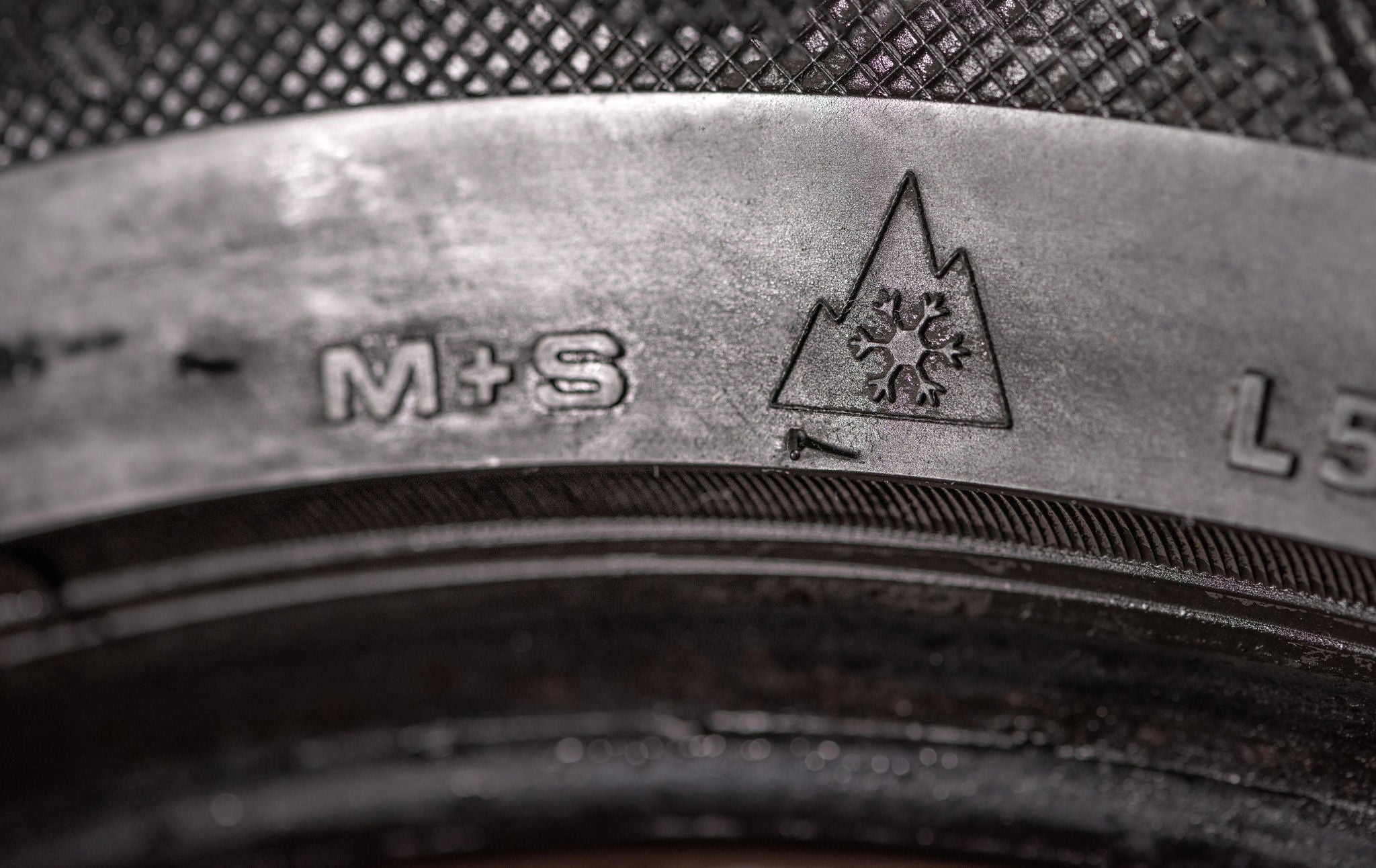
All-weather tyres: The advantages
Whether in spring or autumn – for many car owners, changing tyres is a bothersome chore. Moreover, it is one that is repeated every six months. That is not the case with all-weather tyres. Their most important advantage: They are fitted once and then simply remain on the car – in sun or snow. This is a very flexible option and for many drivers, that is a good enough reason to make the switch. What other advantages can all-weather tyres offer?
Doing away with the usual tyre swapping is not just a tremendous way of saving. Regular fitting of tyres in a garage also costs money which is a cost you can save with all-weather tyres. There are also logistical advantages: for all-season tyres, the question of where you will temporarily store the set of tyres that you don’t need doesn't come up. However, these largely practical benefits are of no use for assessing the technical performance of these tyres. The question of how they differ from normal summer and winter tyres is just as important for weighing up your options.
All-weather tyres: An alternative between summer and winter tyres

As true all-rounders, all-weather tyres live up to their name. They combine key elements of summer and winter tyres and can therefore brave the wind and rain. The special tyre profile combines the performance of different tyres. Therefore, all-weather tyres provide reliable grip in both summer heat and rain, and in mild winter conditions. Even though, you should think about: All-weather tyres always represent some kind of compromise. Only the seasonal specialist products can offer the best performance for their particular time of year.
Tips
- All-weather tyres do not match the individual performance of summer and winter tyres. As a driver, you are forced to accept a compromise. Ask yourself the following questions: How much is your yearly mileage? And what is the usual severity of winter conditions in your area? With the onset of winter, can you switch to other means of transport and leave the car at home?
- The laws on winter tyre use in Europe are decided locally. Whilst there are countries with statutory requirements, there are also countries, such as Germany, which merely have a situational obligation to use winter tyres. This is where the problem lies: Anyone who causes an accident through the use of summer tyres during winter in these countries has to pay a substantial fine. If there is no specific legal requirement in your home country to use winter tyres, then all-season tyres mean you won’t have these nasty surprises.

All-weather tyres vs. winter tyres: Which one should you choose?
The question of whether all-weather tyres are a good investment has no simple answer. Two factors have a decisive role. The first factor is the yearly mileage of your car. If the mileage is fairly low, all-weather tyres can be a worthwhile alternative. Logically, the more kilometers you do, the greater the wear. As all-season tyres reach their limit faster than specialist tyres, higher vehicle mileage means that you will need to buy them again after only a few years. If you use your car only for short commutes to work and shopping trips, your mileage is probably low – and this would support the argument for all-weather tyres. That alone, however, is not enough. You also have to consider two key issues: the regional weather conditions in your area, particularly in winter. In regions with especially heavy snowfall, changing to proper winter tyres is a sensible move. There are good reasons for this: The fact that all-weather tyres are a compromise between summer and winter tyres is particularly noticeable on ice and snow. The profile of these tyres has fewer lamellae (fine slots) compared to winter tyres. This can result in all-weather tyres being pushed to the limit with the onset of extreme winter conditions. Despite this, they are still permitted and are always better than any summer tyres in winter. Let us explain to you what makes a winter tyre the perfect choice for snow.
All-season tyres: Note the tyre code
All-season tyres, like the usual winter tyres, are also marked with the M+S code. With all-season tyres, you will be complying with winter tyres UK law. In addition, all-season tyres are required to have the snowflake symbol (also known as the Alpine symbol) from 1 January 2018. In the future, all-season tyres will only be deemed usable in winter if they have this extra symbol. However, tyres that only have the M+S symbol will still be permitted during a transitional period until 30 September 2024. Afterwards, models without the alpine symbol will no longer be permitted. Incidentally: with the appropriate M+S code on your all-season tyres, your insurance will, of course, remain valid in winter.
All-weather tyres from Uniroyal provide grip all year round – regardless of the surface. Check your driving habits and the winter conditions in your area. Would it be worthwhile to make the change?
Then check out now what we have to offer!

Related Topics
-
 2024/09/30Laws surrounding the use of winter tyres vary from country to country and even region to region. So, where are winter tyres mandatory in Europe? And where are they recommended?Winter tyres legislation in EuropeRead more
2024/09/30Laws surrounding the use of winter tyres vary from country to country and even region to region. So, where are winter tyres mandatory in Europe? And where are they recommended?Winter tyres legislation in EuropeRead more -
 2023/03/31What are the advantages of using winter tyres and do I really need them? Find all answers around the usage and legislation of winter tyres.Should I buy winter tyres?Read more
2023/03/31What are the advantages of using winter tyres and do I really need them? Find all answers around the usage and legislation of winter tyres.Should I buy winter tyres?Read more -
 2023/03/31It’s a good idea to keep a range of tools and tyre changing equipment in your car so that you’re well prepared in case you have to repair or replace your tyre by the side of the road.Tyre changing equipmentRead more
2023/03/31It’s a good idea to keep a range of tools and tyre changing equipment in your car so that you’re well prepared in case you have to repair or replace your tyre by the side of the road.Tyre changing equipmentRead more